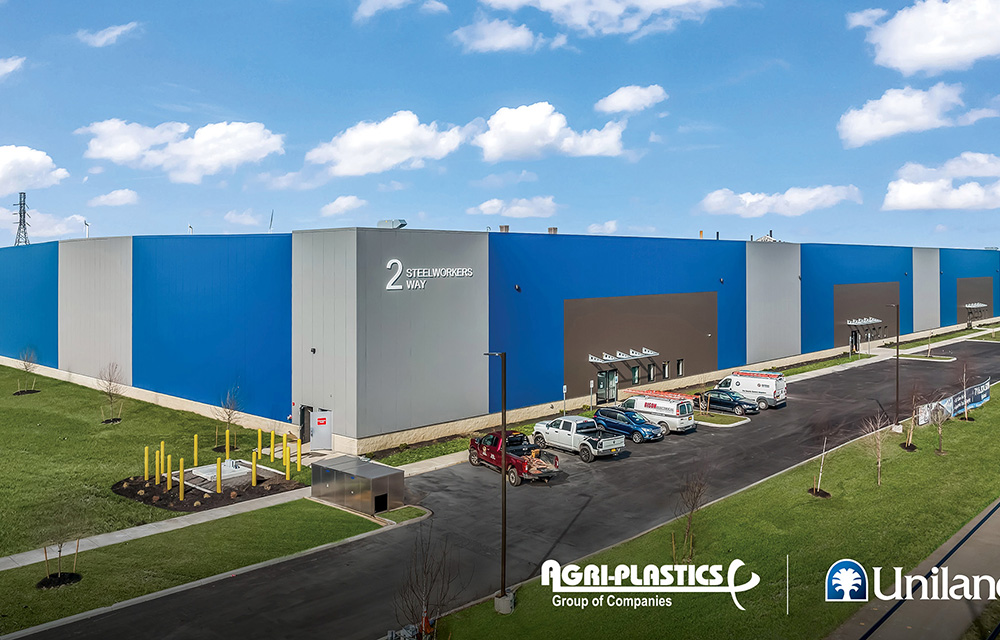Question of the Month: Why are retailers paying twice for their success as tax assessors improperly impose business tax?
What is the value of a big box retail store for property tax purposes?
The answer often can be murky, especially in New York State, where appellate courts around the state have ruled differently.
Assessors shouldn’t confuse the value of a going concern business with the value of real estate, that is, “the sticks and bricks.”
Assessors state-wide, and even nationwide, are not recognizing that business and real estate values are necessarily commingled in an increasingly more frequent number of cases. In New York, real property taxes must be based only on the value of the real estate, and not represent an additional tax on the business, which is already subject to income taxes.
This is certainly true with big box retail and drug stores owned and/or operated by the national chains.
Many of these operations make choices on site selection, purchase price or rent they are willing to pay for business reasons entirely separate and apart from the objective value of the real estate. The value is different for them than for virtually any
other market participant.
Valuation isn’t simple, partially because traditional lease data is difficult to find. Big box leases are not usually traditional building leases. They are often ground leases, upon which the operator pays to build its’ own store, based on specific building needs.” A property’s assessed value, he says, should be based on its current use and condition, and assumes the building is free and clear for lease in an open, market transaction.
The argument has been proffered in upstate New York, as well as Michigan and Indiana, that the true value for property tax purposes is found in an analysis of second-generation rents. In other words, look to the market to see what the next user of a build-to suit-drug national store, or a big box store, for example, Target, would pay. This value, more reflective of a true real estate transaction, may eliminate some of the business motivations in place when the initial deals were done.
Some courts have ruled that a property value is based on its last sale. The HKCC lawyers believe those courts are wrong, because the sale price or lease payments of these types of properties reflect the volume of the business of the store does, said Herman, an experienced tax-certiorari expert. A national drug store chain will pay millions of dollars in rent to be near a competitor. Walgreens and CVS will kill each other to lease space, but for a second-generation user, no one would pay that much rent.
New York also requires properties be valued on a fee simple basis, that is, free and clear of leases or other encumbrances, and via the direct capitalization income approach – assuming the value reflected by a single year’s income expectancy. Big box stores and many large retail sites usually are leased to national chains via triple-net (NNN) leases, which require the retailer pay the taxes. Real estate investors buy NNN leases for the steady income flow over a number of years, and lack of responsibility for the property. Courts haven’t always recognized that these factors are inconsistent with the law in their opinions.
In New York specifically, a conflict has arisen between Appellate Divisions in the 3rd Judicial Department, in Albany, and the 4th Judicial Department, in Rochester. New York’s highest court, the Court of Appeals, has declined to hear appeals of those cases.
In the 3rd Department, the appellate court agreed with a lower court and accepted Home Depot’s use of sales of vacant big-box stores as more credible in establishing a store’s value than the municipality’s use of big-box store sales encumbered by long-term leases. Home Depot’s appraiser for a 93,065 s/f store in the Town of Queensbury used the comparable sales and income capitalization methods to value the store at about $7 million below the value arrived at by the town’s appraiser using the comparable sales, income capitalization and reproduction cost methods.
In the 4th Department, Rite Aid challenged the assessment of a store by the Town of Irondequoit, but the appellate court overturned a lower court decision that favored Rite Aid. The case involved a 13,274 s/f NNN leased build-to-suit store, constructed in 2002 and sold in 2005. The lower court concluded that the 2005 sale was not of “any probative value” in determining the fair market value of the fee-simple interest in the property and that it was proper to disregard the actual rent in arriving at a value using the income capitalization method.
So far, the Court of Appeals hasn’t taken up this conflict. Therefore, the law remains unsettled in New York. HKCC lawyers have used methodologies for its big box clients different from those used in the Home Depot and Rite Aid cases to achieve very positive results for its client. Clyne noted that the development of the case law across the country, and particularly in upstate New York, requires that the methodologies be looked at very closely, and adjustments be made where appropriate, as the firm prepares for a renewed series of appeals on these types of properties.
Jay Herman is a senior partner and Kevin Clyne is a partner at Herman Katz Cangemi & Clyne LLP, New York, N.Y.
CBRE leases 9,527 s/f to Cypress Creek Renewables at 530 Fifth Ave.


Strategic pause - by Shallini Mehra and Chirag Doshi

Behind the post: Why reels, stories, and shorts work for CRE (and how to use them) - by Kimberly Zar Bloorian

AI comes to public relations, but be cautious, experts say - by Harry Zlokower











.jpg)
.gif)
.gif)